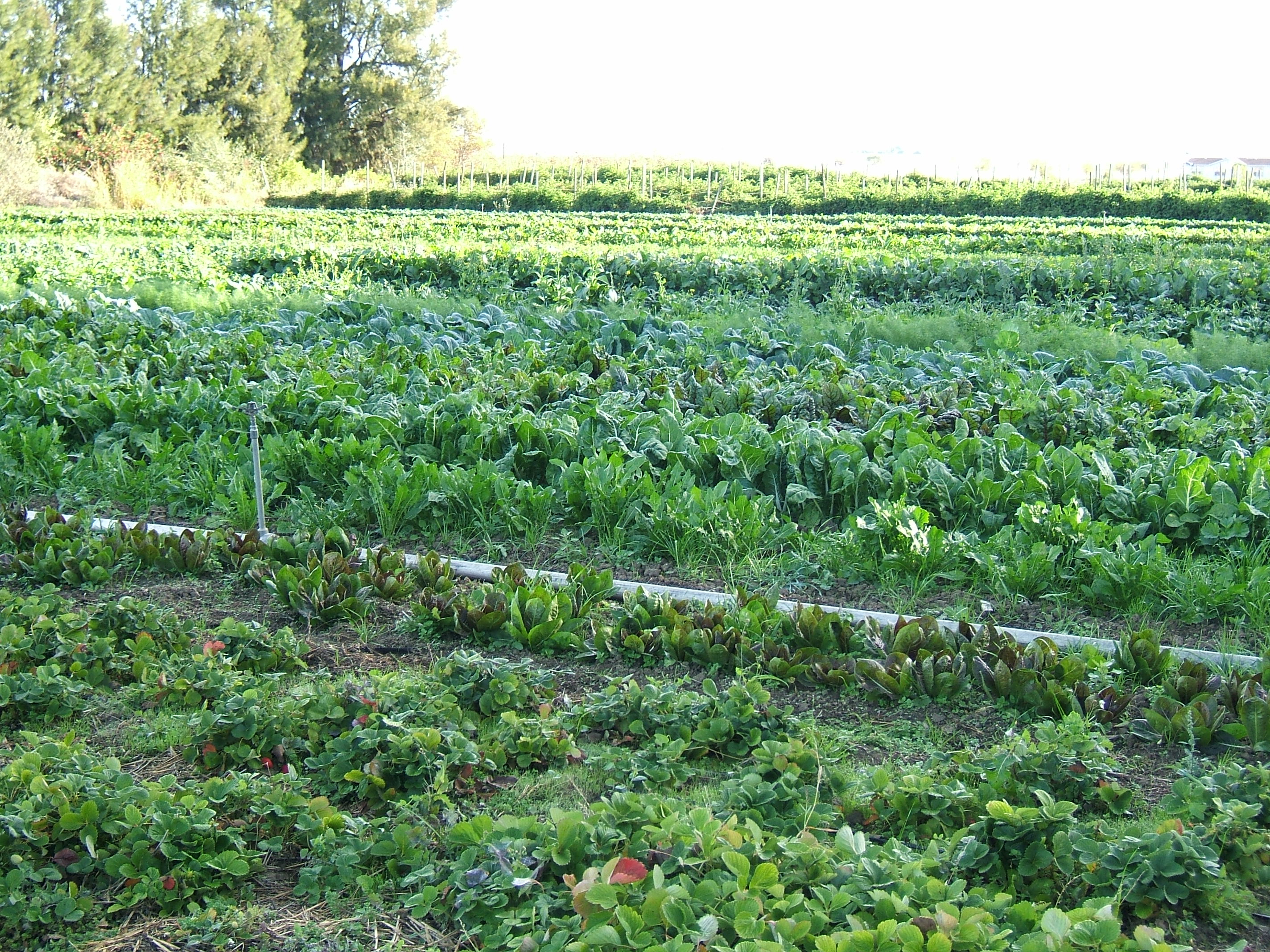

The article (Fortune via cnn) suggests that many view Detroit citizens see the proposal as a selfish land-grab by an untrustworthy 'invader'. I'd have to agree that in this case, it probably is.
Detroit has learned (and I think other cities should take note,) that large corporate entities are not good investments.-- They exploit city space and resources until it becomes no-longer profitable to do so. Then they leave us with the bag in one hand and a dysfunctional landscape in the other.
A few statements in the interview raise red flags for me:
"What if we had seven lakes in the city?" [the millionaire] wonder[s]. "Would people develop around those lakes?"Hope it works? I don't know what the outcome will be, but I surely hope that Detroit's citizens get more than such a weak assurance before they consent to let their landscape be used for a for-private-profit experiment.
"It all sounds very exciting," [responds] the DEGC's Jackson, whose agency is working on assembling a package of incentives for Hantz, including free city land. "We hope it works."
~
All these Detroit problems aside, I am interested in thinking about ethical large scale public farming could do for other cities.
For a program to be ethical and useful, I think the following guidelines are required:
- Land to be redeveloped into farm must be land that the neighborhood democratically chooses to be re-purposed.
- The new farm must be community owned in perpetuity.
- Farms, if chosen to be run as for-profit by their communities, must return their profits to the farm's home community.
- Coterminosity is not important--neighborhood integration is important.

(photo:Jonathan McIntosh, South Central Farm, L.A.)
Why raze thousands of acres indiscriminately, as is proposed in Detroit? (at 14 acres, South Central was the largest urban farm in America at the time.)
It seems like the kind of broad stoke that a city or community could regret later, if not well considered.
Hopefully it will be the people, and not just a rich individual or private corporation, that make this call.
~
Also, shout out to archipreneur , an interesting architecture blog, that mentions this story here.

1 comment:
thanks for the shout out! keep rockin.
Post a Comment